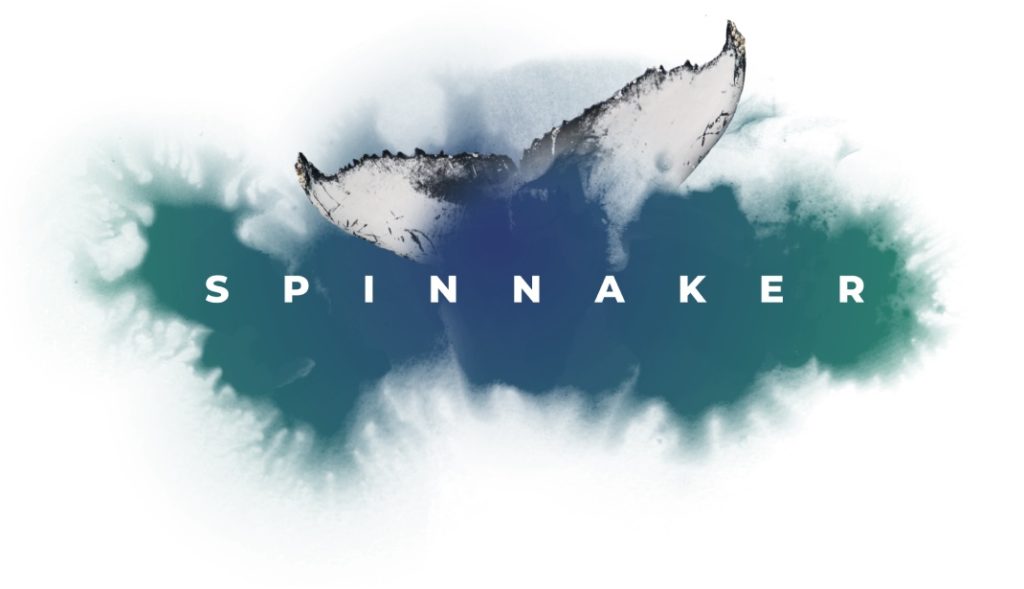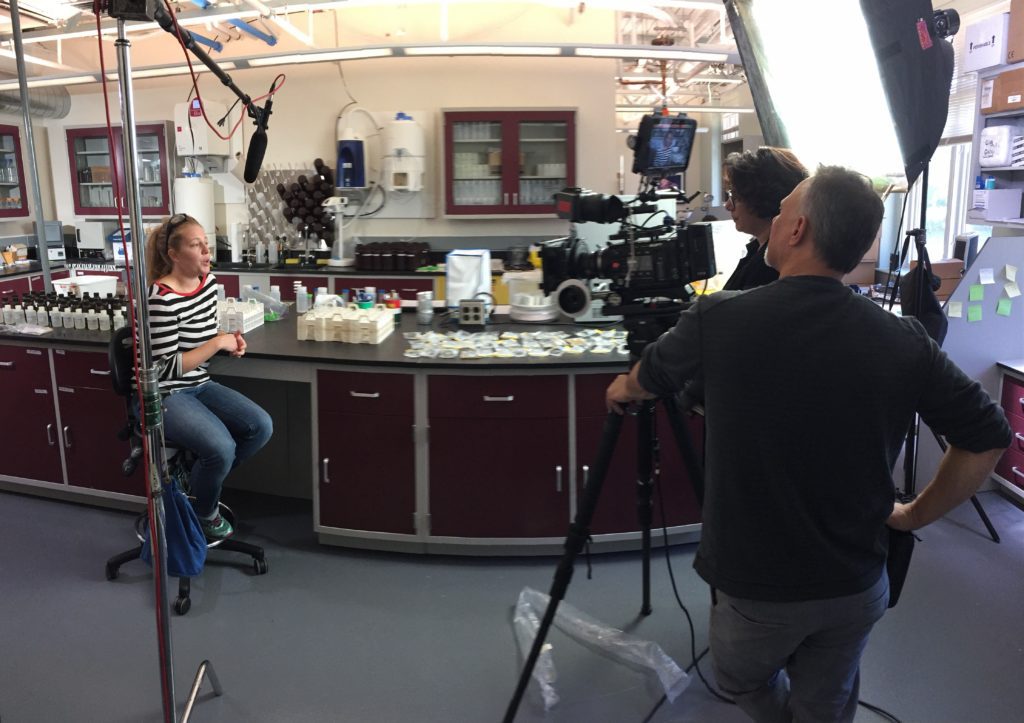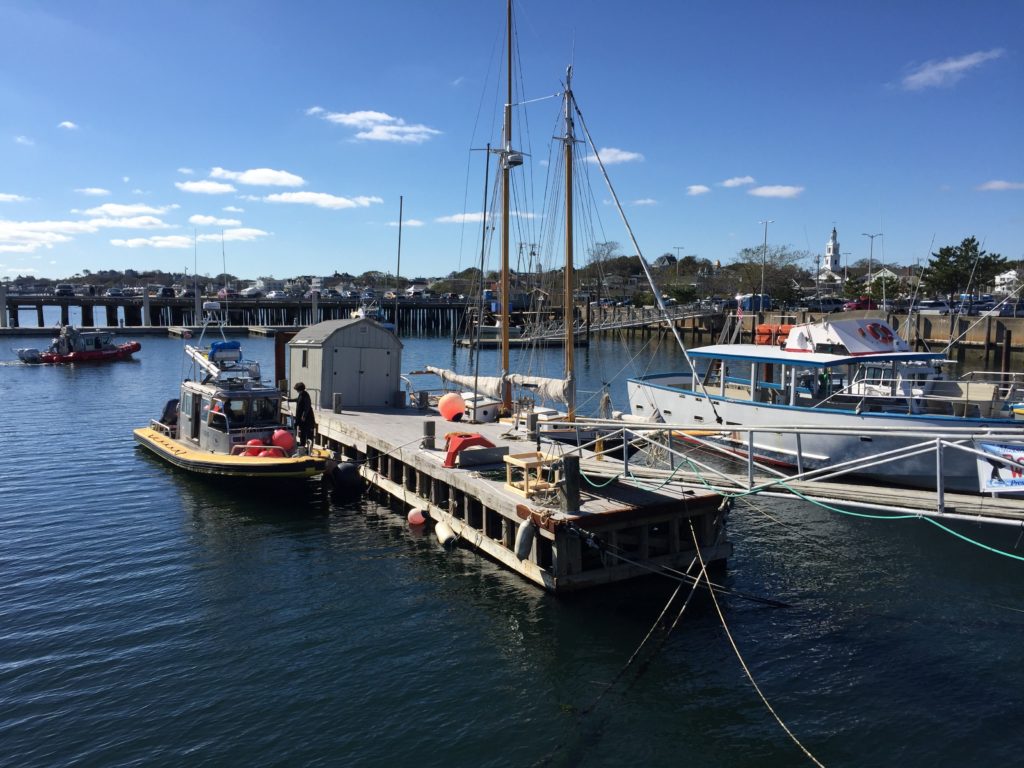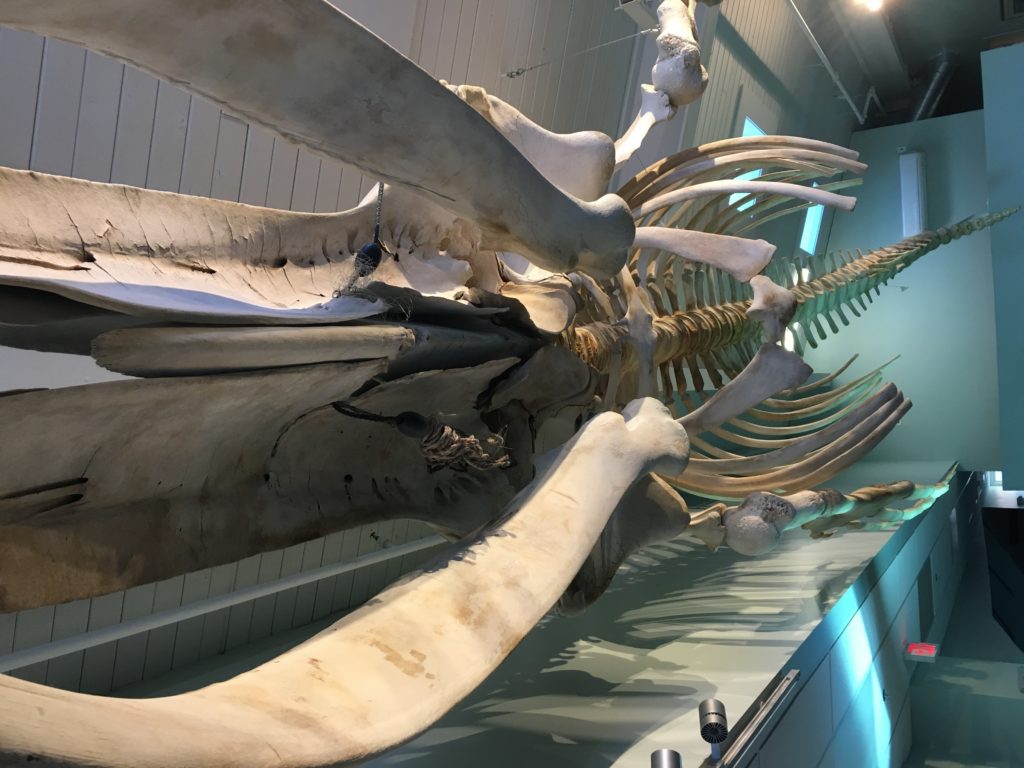As a team of rescuers aboard a small vessel rushes out toward an entanglement of fishing line and gear, a massive humpback whale, caught in a network of ropes, slowly bobs just below the surface. The team of orange-vested mariners tosses and shuffles lines, calmly but tensely talking about how to best approach this difficult situation. The irony of the precarious situation that tethers human and marine mammal is brought fully into light “Spinnaker” a short documentary film that focuses attention on the life and loss of the beautiful whale and the bravery of the people that tried to save her.
Around the globe, over 300,000 whales, dolphins, and porpoises die from entanglement in netting and ropes each year. It is the main threat that these mammals, many of whom are endangered, face. “Spinnaker” brings the untold story of the dangers of entanglement into the public eye by highlighting the work of a team of dedicated researchers and rescuers at the Center for Coastal Studies in Provincetown, MA.
The problems of marine systems are vulnerable to an out-of-sight-out-of-mind bias yet the narrative power of the film illuminates the value in creating a personalized narrative around the intersection of natural and human systems. It is impossible to watch without being filled with empathetic sorrow for the plight of threatened marine creatures and pride for the dedicated teams who strive to ameliorate this critical threat.
“Spinnaker” focuses on the story of the film’s namesake whale, who the CCS tracked from her birth to her death and across three entanglement events. Spinnaker’s life is a rare example where marine biologists were able to see how deeply entanglement can impact the lives of today’s whales. Her story is not an isolated one and represents the challenges that many marine animals now face after years of pollution and degradation threaten to collapse the once-thought to be indestructible ocean systems.
Stormy Mayo, a founder of CCS and marine biologist, introduces the problem of marine entanglement through his own personal history as part of a family of fishermen. His father taught him that “good fishermen are good ecologists” and as he began to become more familiar with the marine ecosystem, he realized just how connected human life is to the health and preservation of the oceans around us.



